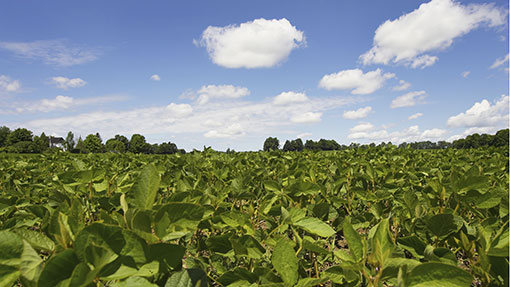Switch from soya imports would raise feed costs

Feed prices would rise if the UK switched from soya meal imports to home-grown proteins, according to new research.
The UK could replace up to half of the soya used in feed by using more peas, beans, lupins, rapeseed meal and distillers’ by-products, according to the University of Reading’s Centre for Agricultural Strategy.
But feed prices would rise as soya alternatives tend to be more expensive and compounders would have to use products of more variable quality.
See also: Insects could replace soya as animal feed protein
The report said dairy feed prices would rise 10%, pig feed by 5% and poultry feed by 3%, but beef and sheep farmers would be unaffected.
The lead author, Philip Jones, said the higher feed costs would make the UK livestock sector less competitive and lead to higher meat and milk prices in shops.
“Everyone would like to see Britain self-sufficient in milk and meat,” he said.
“But the reality is that we do not currently produce enough protein to feed the animals we already farm, so the more livestock we produce, the more protein we have to import from abroad.”
Soya meal accounts for about one-third of the protein in British livestock feeds.
Mr Jones said there was no spare land in the UK, so growing more protein crops would mean planting less of others.
The paper estimates the UK would have to grow an extra 1.93m tonnes of wheat, 800,000t of peas and beans and 560,000t of lupins.
This would cut barley production by 2m tonnes and maize by 4m tonnes.
“The solution is increased investment in research to produce crops that yield more protein per hectare, so that we can produce more protein from the same area of land,” Mr Jones said.
The research was supported by a grant from environmental group Friends of the Earth, which has pointed out the damaging ecological impact of soy production in North and South America.
